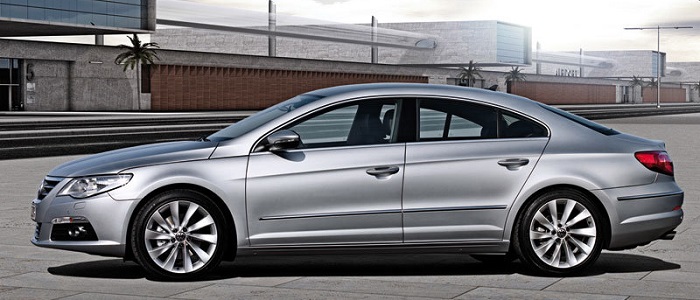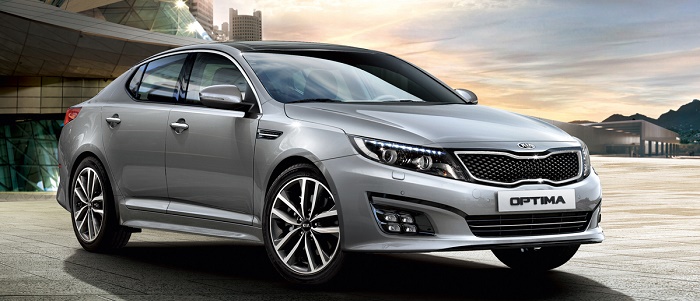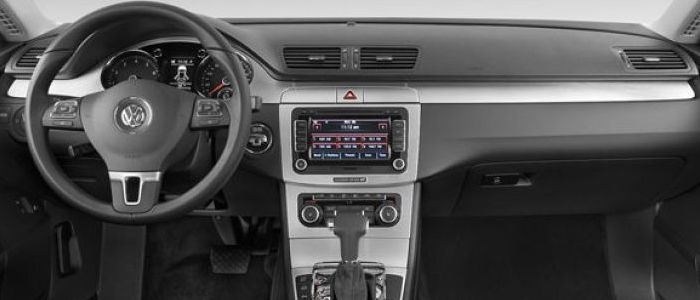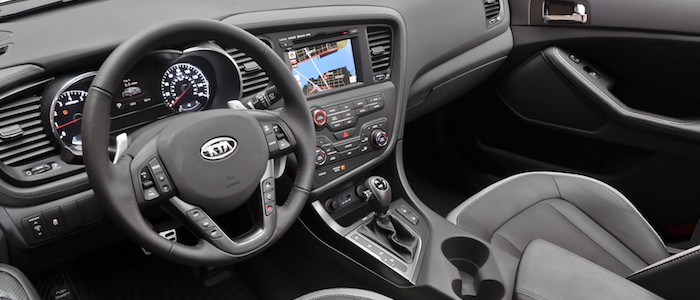Compare two cars
Compare any two cars and get our Virtual Adviser™ opinion
Marketing
Dimensons & Outlines
Engine
Performance (manual gearbox)
Performance (automatic gearbox)
Expenses
Virtual Adviser's™ opinion
Well, these are two pretty similar cars we have here! It's only details that could potentially make the difference. Considering they both belong to the large family car segment and utilize the same 4-door sedan body style and the front wheel drive system, it all comes up to the specific petrol engine choice they offer. The first one has a Volkswagen-engineered powertrain under the hood, a 4-cylinder, 16-valves 211hp unit, while the other one gets its power and torque from a 4-cylinder, 16-valves 165hp engine designed by Hyundai.
SafetyUnfortunatelly, neither of the two vehicles was submitted to the European New Car Assessment Programme (Euro NCAP) testing. This makes it virtually impossible for me to pick one over the other and I'm generally against buying such cars as the safety should really always come first. Moving further on, let's take a closer look at some additional safety-related facts. Both vehicles belong to the large family car segment, which is generally a good thing safety-wise, but that fact doesn't break the tie between the two cars. On the other hand, taking kerb weight as an important factor into account, the Korean car offers a marginal difference of 1% more metal.
ReliabilityI don't like generalizing things when it comes to reliability, although it does seem that both brands display similar results in faults and breakdowns, all the models observed together. That's the official data, while our visitors describe reliability of Volkswagen with an average rating of 4.2, and models under the KIA badge with 4.6 out of 5. Unfortunatelly, I don't have enough insight that would allow me to comment in more details on the specific models level. Above it all, drivers of cars with the same engine as the German car rank it on average as 3.4, while the one under the competitor's bonnet gets 3.5 out of 5.
Performance & Fuel economyVolkswagen is undoubtly more agile, reaching 100km/h in 1.9 seconds less than its competitor. In addition to that it accelerates all the way to 240 kilometers per hour, 30km/h more than the other car. When it comes to fuel economy things look pretty much the same for both cars, averaging around 7.2 liters of fuel per 100 kilometers (40 mpg), in combined cycle.
Verdict
KIA appears just a bit more reliable, although the difference is truly marginal. The most important thing when deciding between any two vehicles should always be safety, both passive and active. In my opinion, everything taken into account, the Korean car offers slightly better overall protection and takes the lead. From there things take a different direction, with Volkswagen being considerably quicker, thus putting more smile on driver's face. It does come at a cost though, and that's the fuel consumption... It's really tough to make a final decision here, but if I'd need to, I'd say KIA. In any case that's my personal view, built upon all the data available to me. What should decide here though is the way you feel about the two vehicles, and I hope you'll find my guidelines useful in the process. I suggest you spend two more minutes in order to find out which car, based on your needs and budget, would be picked by the virtual adviser™, among thousands of similar, yet so different vehicles.

































